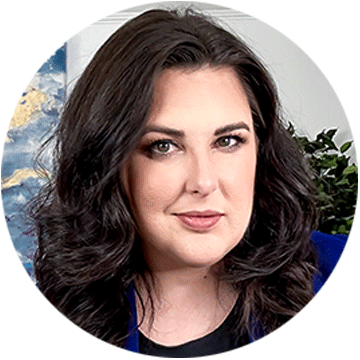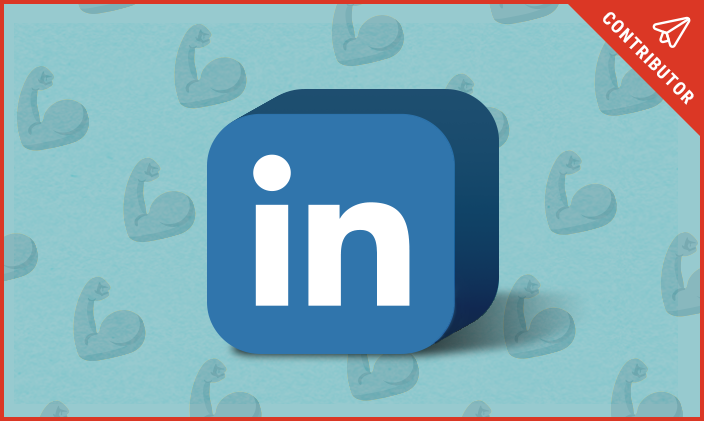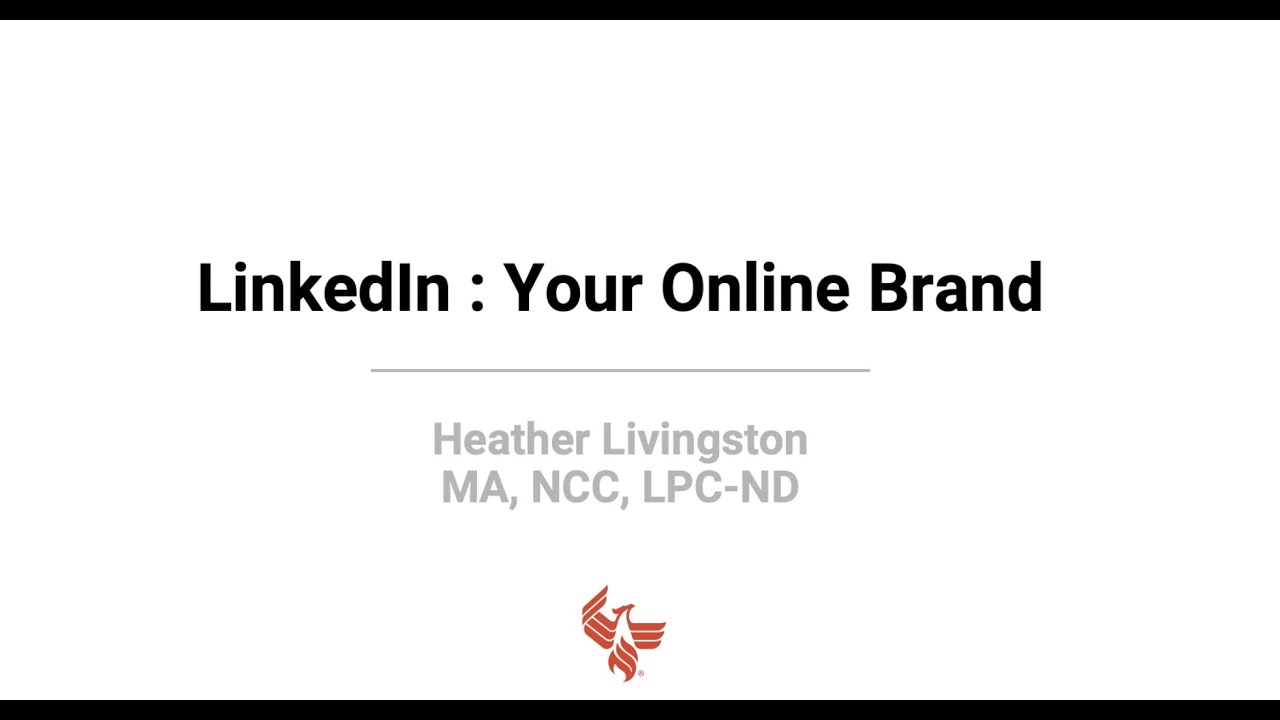Optimize your LinkedIn profile like a pro

Written by Kara Dennison, SPHR

Reviewed by Jessica Roper, MBA, director of Career Services at University of Phoenix

It’s time to take your LinkedIn® game to the next level. If you’ve been on the professional networking platform for a while and feel relatively confident about your LinkedIn profile and contacts, you need to get off your laurels and get back to work. Take a look at these lesser-known strategies and best practices to elevate your LinkedIn profile and help you stand out as an industry thought leader.
Four LinkedIn profile tips to help you stand out
From optimizing your experiences to mastering posting frequency and handling connection requests, here are four tips to help you harness the power of your LinkedIn profile.
1. Craft an irresistible profile
Developing a compelling profile requires a focus on quality rather than quantity. If you want to stand out from the crowd (and yes, you do), focus on three areas: the headline, the “about” LinkedIn summary section and your profile picture.
The headline
It’s important to update your headline strategically as it’s the only piece of your profile besides your name and photo that appears on the homepage. The headline can drive people to click (or not click) on your profile. If you’re not strategic, LinkedIn will default your headline to your most recent job title at your most recent company. For example, “Senior Leader at ABC Company.” While your job title is great, it doesn’t always provide the full picture of your skills and accomplishments.
Instead, aim for a clickable headline that intrigues human readers and promotes the value you bring to your industry. Your headline should include relevant industry keywords that reflect your skills and job description. The goal is to capture the attention of industry peers — or recruiters and employees if you’re in the job hunt — and encourage them to check out your profile. This could look like: “Senior Leader Focused on Driving Sales and Leading High-Performing Teams in the Finance Industry.” Headlines like that tell recruiters and employers who you are, what you focus on and what you can bring to the table.
About
Aim for a concise yet captivating LinkedIn summary that highlights your skills, expertise, unique value proposition and notable achievements. Also, be sure to incorporate industry-specific keywords that showcase your aspirations and relevant professional journey.
One approach is to start the LinkedIn summary section with one to two short paragraphs that talk about who you are as a professional, what you focus on when it comes to driving results and what your secret sauce is for achieving those results. Is it your leadership style or collaborative nature? Whatever it is, let it shine!
From there, list three to five impressive achievements that show off how you’ve gotten the results that matter to you.
Profile picture
Generally speaking, you shouldn’t overthink your profile photo, but give it some thought. Ask someone you know to take your photo, wear professional attire (at least from the waist up) and find a well-lit outdoor area for a chest-upward headshot that captures your professionalism and approachability.
Why chest-upward? When photos are taken from a distance, the subject appears tiny, making it difficult for recruiters to establish a psychological connection. And the photos are already small when a profile appears on the homepage or in search results. A high-quality headshot helps overcome those constraints and works to your advantage.
Perfection is not necessary, but a clear and attention-grabbing profile photo is. Your image should deliver a compelling message that reflects your professional brand and captures the attention of potential connections and recruiters.
2. Let your achievements shine
In the age of the humble brag, it can be hard to strike the right note between sharing your experience and achievements and not coming off as a know-it-all. How do you provide enough detail to explain your skills without listing every role and responsibility you’ve ever had?
Take it section by section. Consider which opportunities you’re most interested in pursuing, and tailor each section in the experience component to those opportunities. Emphasize your most notable accomplishments that align in the direction you want your career to go, quantify your results and sanitize any proprietary information that can’t be shared online.
While you’re at it, make sure you adopt a bulleted format for easy reading.
Once you’ve outlined your achievements and accomplishments, it’s time to flesh out those highlights with multimedia elements, such as work samples, articles or presentations. You can use the Featured section on your LinkedIn profile to showcase your resumé, articles, newsletters, links, website and portfolio.
(Uploading your resumé on LinkedIn is a best practice as it allows recruiters and headhunters to easily access and share your resumé and profile with hiring managers.)
From there, maximize your visibility by using the Open to Work feature. Don’t forget to check the Recruiters Only option to optimize your visibility to recruiters and headhunters if you’re in a passive search. Choose Open to All if you want the green Open to Work banner visible on your profile photo.
You can also supplement your experience with additional sections, such as:
- Volunteer experiences
- Relevant skills and specialties
- Awards
- Organizations you belong to
- Publications you’re proud of
- Causes you support
- Certifications
Your LinkedIn profile is a great way to round out who you are as a professional in ways that aren’t strictly confined to your work experience. If you’re not a fan of the humble brag, reach out to current and past colleagues for professional endorsements. LinkedIn endorsements are a great way to let others highlight your skills. In fact, the two go hand in hand. When you add new skills, make sure to ask for endorsements.
3. Embrace the art of posting
Although LinkedIn boasts approximately 900 million users, some research shows that only 3 million or so post content to their LinkedIn profile weekly. This means that just 1% of users consistently show up and share thought leadership on what Business Insider considers the most trusted social media platform in the U.S. That translates to a lot of opportunity to reach decision-makers and leaders in your industry by creating a simple and consistent content plan!
Consistency is key. Aim for a regular cadence that suits your schedule and allows you to reliably deliver high-quality content. Sharing insights, industry trends, thought leadership articles and engaging visual media will position you as an authority in your field.
Pay attention to engagement metrics to identify the posts that resonate with your LinkedIn audience. You can access this data through the Analytics & Tools feature link located above your profile name on your LinkedIn profile or through the Activity section on your profile.
Remember, LinkedIn is more than a self-promotion platform. It’s a space for cultivating meaningful connections and providing value to your network. By maintaining consistency, fostering connections, commenting on other professionals’ posts and sharing compelling and relevant content, you will become viewed as a trusted and influential professional within your industry.
4. Make connections
As your LinkedIn presence expands, it’s common to receive connection requests from strangers. When evaluating these requests, consider factors such as relevance, mutual connections and shared interests. Assess the potential value of the connection. If you’re unsure about a request, consider sending a polite message asking for more context or suggesting a brief conversation to determine potential synergies.
That said, don’t be afraid to connect with other individuals you don’t know personally. It’s polite to send a “note” with your connection request to allow the individual to know why you’re connecting and wanting to network with them. It’s also OK to be selective about who you network with. Just keep in mind that your network expands with additional second- and third-degree connections with each first-degree connection you make.
The power of LinkedIn Premium
LinkedIn Premium offers enhanced features and insights to help you supercharge your professional growth. Consider the value it can bring based on your career goals. With Premium, you gain access to features such as the ability to send InMail messages to professionals outside your network and can see who’s viewing your profile.
In addition, you get access to advanced job search and career advancement tools such as salary data, how you stack up to other applicants in jobs you’re interested in and full access to LinkedIn Learning (the platform’s database of professional development courses).
Still not sure? Then consider the free, 30-day trial to assess if Premium is worth the investment for you.
Remember, LinkedIn is more than just a platform; it’s a dynamic community where you can connect, learn and contribute. Embrace the journey, stay authentic and let your professional brand shine.
Look beyond the LinkedIn profile with career resources at University of Phoenix
A LinkedIn profile isn’t the only career tool out there. University of Phoenix equips its students and graduates with the following resources to help them on their career journey.
- Career Services for Life®: Available to UOPX students and graduates, this offering comprises complimentary career coaching, including guidance on how to build a personal brand and write a resumé.
- Free career resources: Browse a range of downloadable guides and templates to help you optimize your LinkedIn profile, get ready for a job interview and write a resumé and cover letter.
- Career With Confidence® newsletter: Get career insights every week via UOPX’s LinkedIn newsletter.
Watch the video LinkedIn: Your Online Brand.
LinkedIn is a registered trademark of LinkedIn Corporation and its affiliates in the United States and/or other countries.

ABOUT THE AUTHOR
Kara Dennison is a certified Senior Professional in Human Resources (SPHR), an executive career and leadership coach and a Forbes contributor. She’s the CEO of Optimized Career Solutions. Her dream job is helping high achievers and leaders live authentic lives, starting with their careers. When she’s not writing for University of Phoenix or coaching high achievers and leaders, you can find her hanging out with her husband and two black cats or swinging in the hammock out back in her small, remote town in Tennessee.

ABOUT THE REVIEWER
Jessica Roper, University of Phoenix director of Career Services, is a seasoned leader with over 15 years of experience in leadership within higher education. She has honed her expertise in student services and career development and is passionate about helping others discover and refine their skills.
This article has been vetted by University of Phoenix's editorial advisory committee.
Read more about our editorial process.
Read more articles like this:



